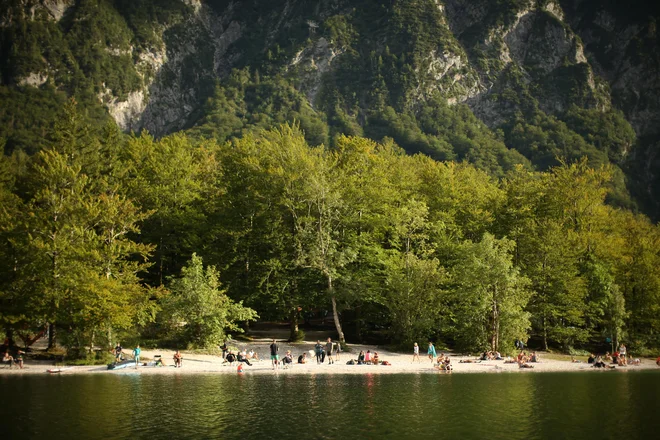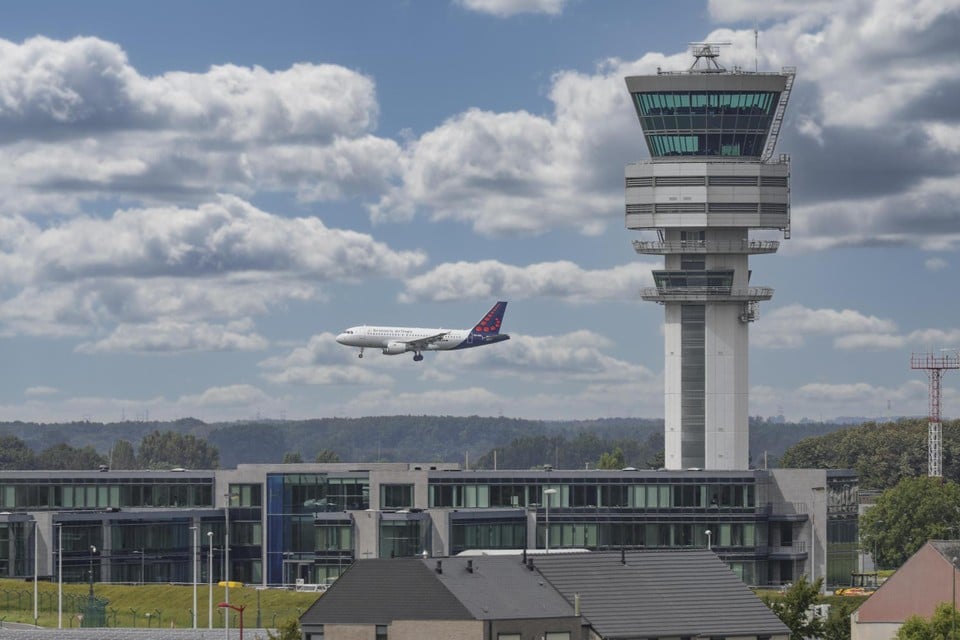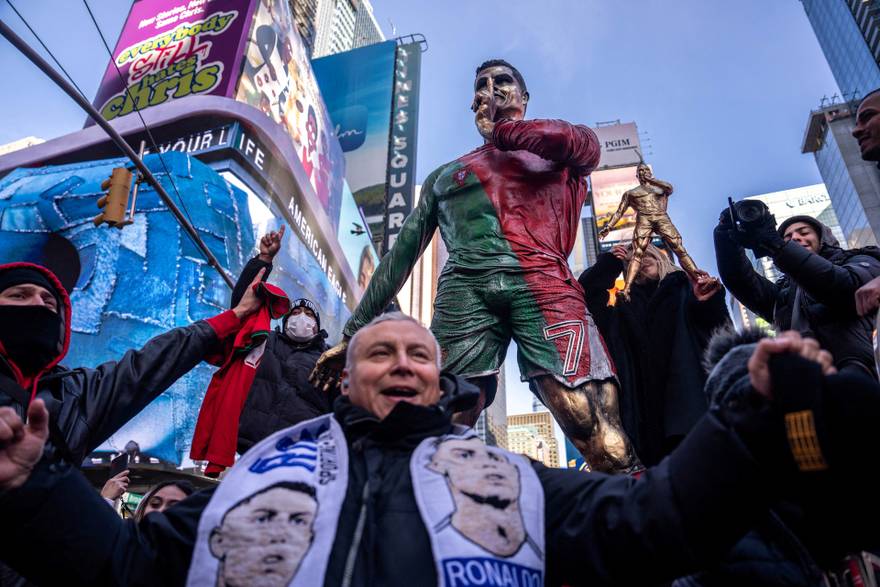Prime Minister Schoof can go from the Lower House to coming NATO summit with a large mandate
/s3/static.nrc.nl/images/gn4/stripped/data133819638-a0c401.jpg|https://images.nrc.nl/jZMjGFqXocoPaU7aFcYHvRuHjZs=/1920x/filters:no_upscale()/s3/static.nrc.nl/images/gn4/stripped/data133819638-a0c401.jpg|https://images.nrc.nl/jQSvjyNRTk-kDjWDXKfbUMMva0A=/5760x/filters:no_upscale()/s3/static.nrc.nl/images/gn4/stripped/data133819638-a0c401.jpg)
The long shadow of a new war in the Middle East hung on Tuesday about the parliamentary debate that was about the upcoming NATO summit in The Hague. During an interruption, foreign spokesperson Jan Paternotte (D66) already referred to it: while the House of Representatives debated, American military planes were already on its way to the Golf Region and the world was waiting for President Trump’s announcement about participation in Israel’s bombing of Iran.
There was no better illustration of the geopolitical turbulence of this time. And with a few exceptions (SP, Think, Forum for Democracy) all parties agreed: in an increasingly unsafe world, the Netherlands must greatly increase its defense fencing. A very large majority therefore supported the decision of the outgoing cabinet to agree with NATO Mark Rutte Secretary General to increase the expenditure for the armed forces to 3.5 percent of GDP, with another 1.5 percent for vital infrastructure.
With that, Prime Minister Schoof was provided with a wide mandate for the NATO summit in The Hague next week-something that was of the utmost importance, according to Frans Timmermans party leader (GroenLinks-PvdA). It was Timmermans who in last Monday NRC announced that, after first making the necessary reservations, his group could still agree to the new NATO standard.
But during his contribution-which was interrupted by numerous interruptions-the leader of GroenLinks-PvdA did not want to commit to anything else, except that his party would not agree to cuts on the welfare state. Despite frantic attempts by Henri Bontenbal (CDA) and Dilan Yesilgöz (VVD), Timmermans did not want to capture the time path that NATO sees in front of him, in which the 3.5 percent is reached in 2032.
Classic left-right debate
According to Timmermans, « in the run -up to the elections on November 29 » should still be thoroughly discussed. The party leader said to ‘rejoice’ on these debates, and that could also be understood: the many interruptions of other parties gave Timmermans by far the most during the first term of the Chamber air time.
Frans Timmermans (GroenLinks/PvdA) and Dilan Yesilgöz (VVD) during the debate about NATO TOP. Photo Bart Maat
The leader of GroenLinks-PvdA conveniently parried the criticism (from the SGP to D66) that his party does not want to commit to the legal recording of the defense standard. Earlier in the day, the Senate had approved an initiative law of Chris Stoffer (SGP) and others who make defense spending of 2 percent of GDP mandatory. The GroenLinks-PvdA group in the Senate had voted against. According to Timmermans, it was all about ‘political commitment’ and a defense law was not necessary.
VVD leader Dilan Yesilgöz immediately tried to take advantage of this by proposing and immediately laid down 3.5 percent legally. When the discussion shifted to the enormous amounts involved in accelerating the defense expenditure (up to 19 billion extra a year), the first contours signed up from a classic left-right debate. In it, Yesilgöz clearly showed that the VVD mainly wants to shorten the benefits and Timmermans had an extensive opportunity to repeat his party time and time again that his party would not agree on cutting back on ‘social security, education and care’.
When Yesilgöz with some dédain suggested that Timmermans had to make his « turn » « all the way around » to really get through for defense, the debate became equally fierce. « Now it will be really nice, » Timmermans said as he pointed to the empty seats of the PVV group. « It was Mrs. Yesilgöz who opened the door to the Putin friends in that profession. »
Budget deficit
The political kempans both seemed to have been taken with these first skirmishes, which put both the VVD and GroenLinks-PvdA in the spotlight. In the meantime, it became clear that the most concrete solution for the financing problem in the short term can be found in the rising of the government deficit-the Netherlands is still well below the EU standard that the budget deficit should not exceed 3 percent of GDP.
NSC spokesperson Olger van Dijk stated that his party could agree: « We are not going to cut the Netherlands broken. » Mirjam Bikker (ChristenUnie) and Bontenbal (CDA) explicitly marked their middle position, in which (in the words of Bontenbal) « everyone has to hand in something for our freedom » and that a combination of cuts and expenses will therefore have to be found. Very big political questions must be answered, Timmermans noted.
In the meantime, CoalitieBreker PVV did not participate in the discussion. Group leader Geert Wilders had left the debate to foreign spokesperson Raymond de Roon. During his input, he was never interrupted.

:format(webp)/s3/static.nrc.nl/images/gn4/stripped/data133764029-68dc7d.jpg)
:format(webp)/s3/static.nrc.nl/images/gn4/stripped/data124397495-a7c250.jpg)
:format(jpeg):fill(f8f8f8,true)/s3/static.nrc.nl/wp-content/uploads/2019/07/fritshome.png)




